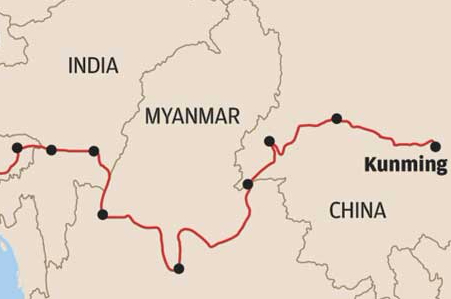
Jonathan Tai, Research assistant, Inle Advisory Group
May 05, 2017
National reconciliation does not just impact Myanmar’s political and economic interests; it is also important to China. As the largest neighbor and sharing the longest border with Myanmar, China has and will continue to play a prominent role in the nation’s stalled peace process..
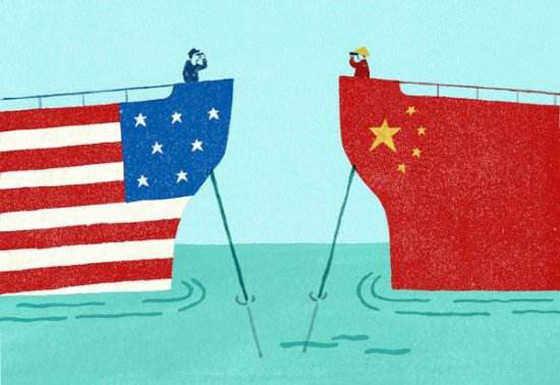 Drifting Apart? Prospects for Partnership and Confrontation between the U.S. and China through the L
Drifting Apart? Prospects for Partnership and Confrontation between the U.S. and China through the LWilliam Hurst, Associate Professor, Northwestern University
May 02, 2017
Every time there is a change of administration in either the United States or China, the international media is suddenly filled with speculation over how the interpersonal relations between individual leaders might affect relations between the world’s two most important countries. Such myopic gossip, however, ignores the larger structural, historical, and domestic political forces that ultimately play the leading roles in shaping the dynamics of US-China relations.
Xue Li, Senior Fellow, Chinese Academy of Social Sciences
Xu Yanzhuo, Research Fellow, Chinese Academy of Social Sciences
Mar 02, 2017
Even more than external risks, preventing the hazards and avoiding risks at home are crucial for China’s OBOR as well as the country’s peaceful rise. From deciding how much military is enough to finding ways to excite neighbors about Chinese culture, a holistic outlook is needed, that will take time to mature as policies.
Zhang Monan, Deputy Director of Institute of American and European Studies, CCIEE
Feb 15, 2017
Trade protectionism won’t bring new opportunities to the US, because the global markets have become highly intertwined and interdependent, and the new president’s massive fiscal stimulus plan conflicts with contractionary monetary policy.
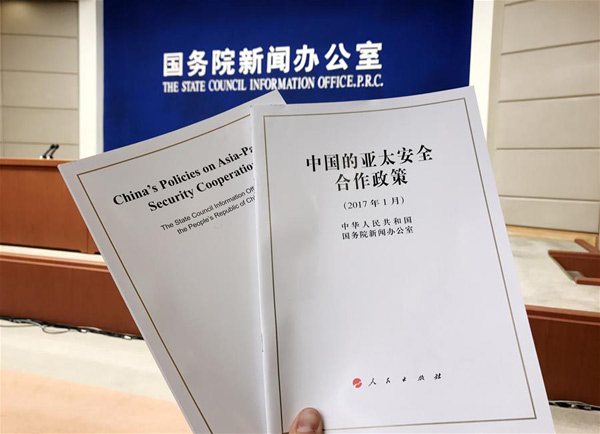
Beth Smits, PhD candidate, Paul H. Nitze School of Advanced International Studies (SAIS), Johns Hopkins University
Feb 06, 2017
In January 2017, China released a document that helps interpret the policy goals of President Xi Jinping, particularly his speech in May 2014 where he promoted, “New Asian security concept for new progress in security cooperation.” The Trump administration should take note of three points in the new document: China’s country relations, the South China Sea, and the conspicuous absence of certain information, as each will have a critical role in U.S.-China relations.
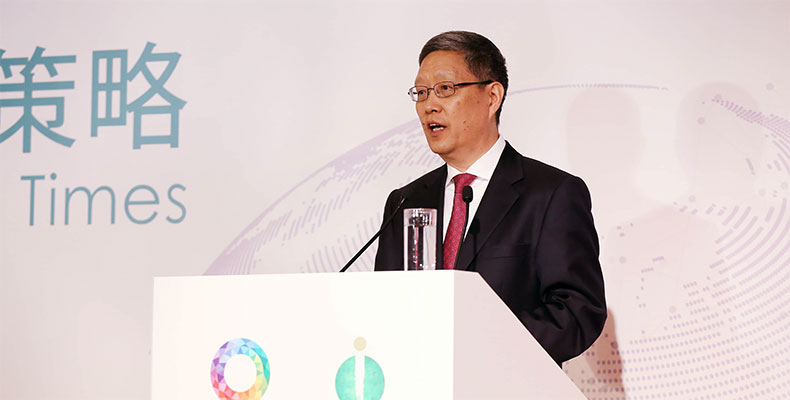
He Yafei, Former Vice Minister of Foreign Affairs
Jan 25, 2017
He Yafei, a former top Chinese diplomat, dissects globalism under attack and China's pursuit of a growing leadership role in global governance. Mr. He also offers his insights on what China can do to manage its ties with the Uwith the Trump administration.
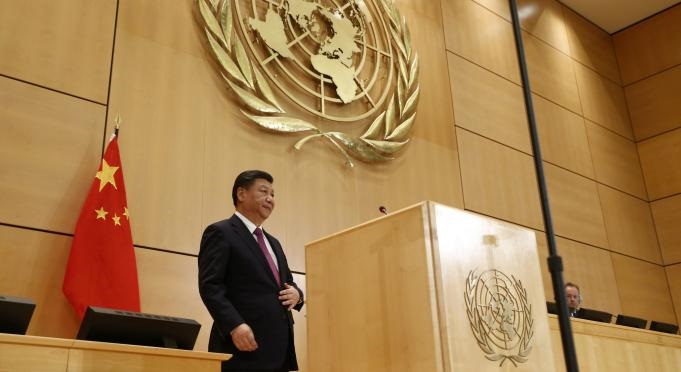
Jan 20, 2017
Chinese President Xi Jinping shares his vision for building a community of shared future for mankind and achieving shared and win-win development amid growing challenges and risks in the world.
Wu Zurong, Research Fellow, China Foundation for Int'l Studies
Jan 05, 2017
By showcasing China’s traditional pursuit of win-win cooperation and a community of common destiny for mankind, Beijing can counter the absurd flurry of books, research papers, political fantasies and imaginary fictions produced by Cold War thinkers in the U.S. to paint China as a villain or a war-monger that is hostile to the U.S.
Wang Yi, Foreign Minister of the People's Republic of China
Dec 06, 2016
Wang Yi pointed out that in 2016 China's diplomacy was more proactive, more enterprising, more confident, and more mature.
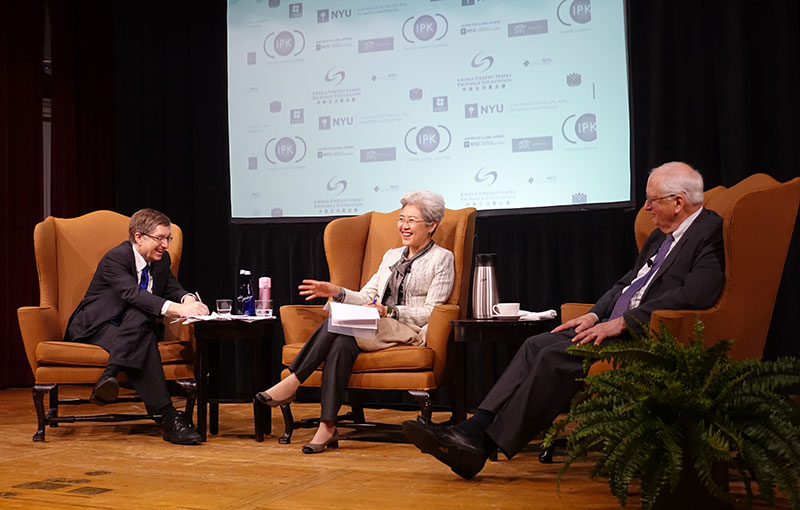
Fu Ying, Founding Chair of Center for International Security and Strategy, Tsinghua University; China's former Vice Minister of Foreign Affairs
Dec 02, 2016
The following are remarks by Madam Fu Ying, chairperson of the Foreign Affairs Committee of the National People's Congress, at the inaugural China-U.S. Forum at
Back to Top

- China-US Focus builds trust and understanding between the U.S. and China through open dialogue among thought leaders.
- Our Offerings
- Topics
- Videos
- Podcasts
- Columnists
- Research Reports
- Focus Digest
- Stay Connected
-
Thanks for signing up!
- Get the latest stories from China-US Focus weekly.